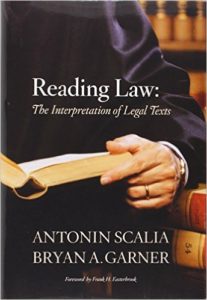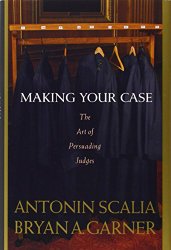
An introduction to the body of law associated with the business environment. Topics include the judicial system and court procedure, business torts and crimes, contracts, bailments, forms of business structure, bankruptcy, an overview of securities regulations and the antitrust laws and consumer protection statutes.
“The law isn’t justice. It’s a very imperfect mechanism. If you press exactly the right buttons and are also lucky, justice may show up in the answer. A mechanism is all the law was ever intended to be.” – Raymond Chandler
Understanding the legal environment of business can give you a competitive edge in the business community because law sets the stage, establishes the rules, and creates the tone in which businesses operate.
This class is a key component of your business education – it serves as the hub across all disciplines because they all share a common thread in the law:
- Arts & Design
- Business
- Liberal Arts & Sciences
- Engineering
- Athletic Training & Health Fitness Management
Therefore, I strive to make this course RELEVANT and PRACTICAL.
RELEVANT by addressing:
- The regulatory environment in which businesses operate;
- Periodically “flipping the classroom” provides ample opportunities to address current regulatory issues with guest speakers (See Events Listing in this Blog) from various federal agencies such as the:
- Department of Justice
- Department of Labor
- Environmental Protection Agency
- Federal Trade Commission
- Importantly, we discuss why we have regulations, and whether there are effective alternative regimes (free market, self-regulation) to accomplish the same social and business goals
- Periodically “flipping the classroom” provides ample opportunities to address current regulatory issues with guest speakers (See Events Listing in this Blog) from various federal agencies such as the:
- How social harms are addressed by criminal laws, and tort laws;
- We have opportunities to address current social and constitutional issues with guest speakers from the College of Liberal Arts & Sciences (See Events Listing in this Blog)
- How business promises are enforced by contract law;
- How property rights are asserted in:
- Real property
- Personal property
- Intellectual property
- Copyrights
- Patents
- Trademarks
- How different business organizational structures reallocate risks, and address market needs.

PRACTICAL by strengthening the following skills while arguing legal cases in a team environment:
- I – Identifying the issue(s) to be resolved;
- R – Determining the relevant rule(s) under the circumstances;
- A – Analyzing information under the relevant rule(s) by gathering and then filtering for relevant facts;
- Using qualitative and quantitative data analysis where appropriate;
- Making ethical and legal decisions based on legal and data analysis, and then extending those decisions to consider their future potential impacts; and,
- C – Communicating the result of your analysis verbally and in writing to stakeholders.
And of course, the topics are generally covered in the CPA Exam:
- Business Environment & Concepts (BEC) section – the course focus
- Regulations (REG) section
STAND OUT FROM THE CROWD: ARGUS grant and Independent Study Opportunities
- If a topic particularly interests you, then I will help you apply for an ARGUS grant to research that topic more deeply. Or maybe, an Independent Study is a good option for you.
Innovate – Engage – Impact
The educational tradition is to impose learning from above and from outside – adult standards imposed on those who are slowly growing to maturity within the field. Experiential learning instead holds that “there is an intimate and necessary relationship between the process of actual experience and education.” True learning takes place when doctrine dovetails with those positive experiences that lead to future growth.
ENTREPRENEURSHIP FINANCE
Private Equity & Venture Capital Guest Speakers
AU students get to apply the analytical skills they learn in class as they listen to live “pitch” meetings for businesses in the greentech industry seeking funding (See Events Listings in this Blog).
Recommended Reading:


Reading Law is a legal technician’s guide to statutory interpretation tools. It systematically explains all the most important principles of constitutional, statutory, and contractual interpretation in an engaging and informative style with hundreds of illustrations from actual cases.
Making Your Case explains the art of legal brief-writing, especially what to include and what to omit, so that you can induce the judge to focus closely on your arguments. The authors then detail what it takes to succeed in oral argument
Favorites: Law & Literature
Kafka’s The Trial
Harper Lee’s To Kill a Mockingbird
Plato’s Apology
Recommended Links:


 “
“